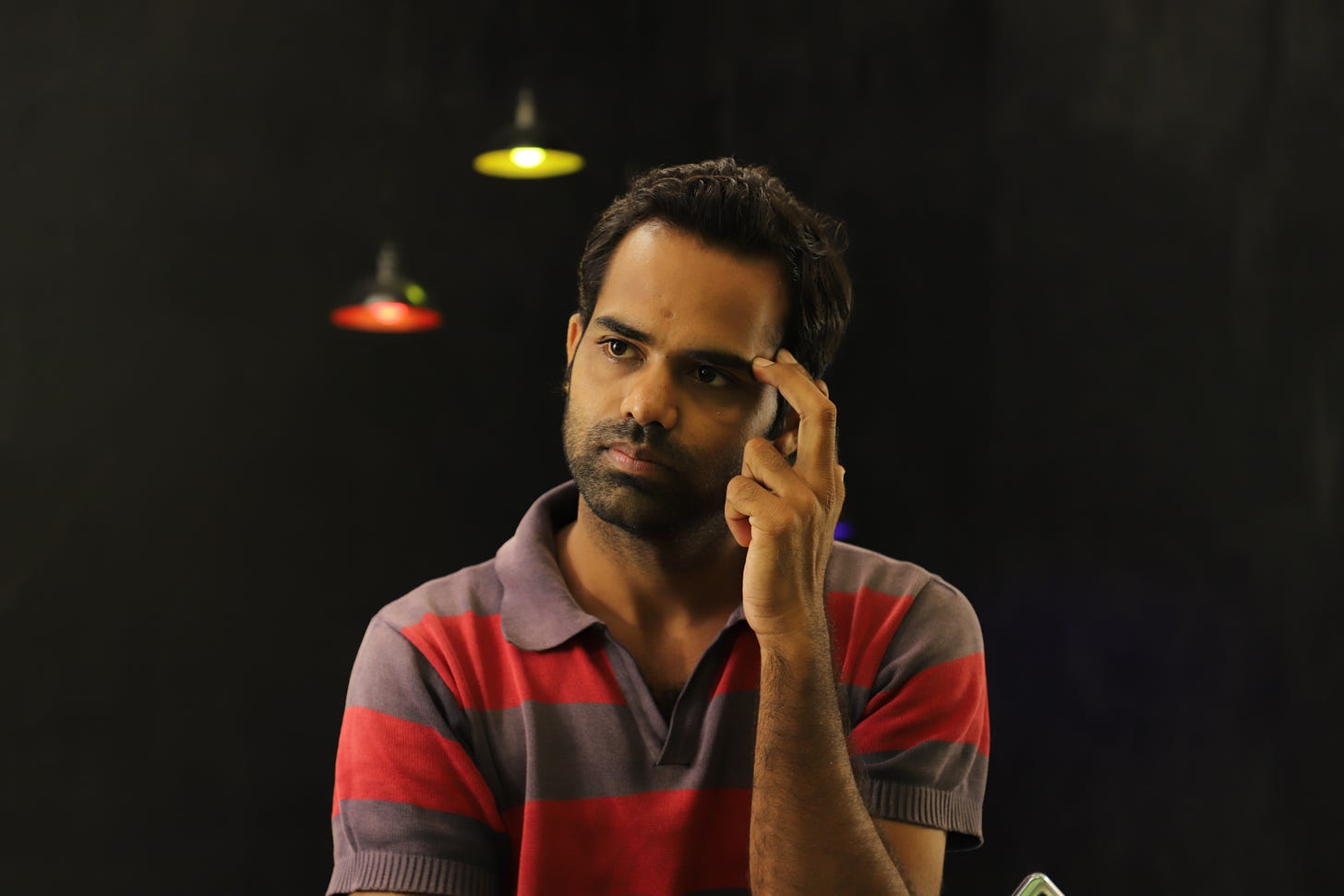Photo by jaikishan patel on Unsplash
**
An excess of 6,000 thoughts wend their way each day through the average individual’s mind, just under one every 10 seconds by my approximation if we assume the average- if he/she exists - is otherwise asleep for eight hours. By comparison, we breathe about 20,000 times a day and our hearts beat over 100,000 times a day, which begs the question as to why Descartes chose thinking (I think therefore I am) as the defining characteristic of being. Of all the bodily functions - and I recognise by calling thinking a bodily function I am tacitly refusing to acknowledge the mind is a different entity - the long held consensus seems to be to hold thinking to a higher, exalted status. At first glance it seems that a key difference is in how much control one has over the respective processes ; heartbeats and breaths are to a large extent involuntary actions whilst the content and quality of one’s thinking would appear to be firmly within the realms of one’s control. This idea of control though, is an illusion I believe.
I lean towards thinking of thinking as an abstraction layer that hides the complex interplay of knowledge, experience and memory. Depending on which mast you nail your colours to, on the spectrum between a literal seven day creation and a less contrived/designed origin of life, thinking is either a function defined by a designer or one that has emerged from the complex system it abstracts. The common conclusion from either perspective though is that thinking is what enables us first survive and then thrive in the world. Interesting research which finds a surprising connection between thinking and the brain’s navigation system supports this point in my layman’s view. That accepted, what control we have is limited to consciously adding more knowledge and experience to our knowledge-experience pot, such as can tilt the equilibrium towards the desired direction. I imagine that is why thoughts and control of belief are such key parts of religious and political systems - if we can control the source files of thought, the individual and the group can be formed and bent to our will over time.
Thinking is therefore important, as is what we think about and how we think, which is why meta-cognition has become a keen interest of mine recently, especially as I have begun to explore spaces outside the tightly constrained realms of faith and belief I grew up in. I am finding though that what I think I know only becomes clearer when I mull over it consciously over time. In a similar vein, Dinty W. Moore quotes Joan Didon as saying:
I write to find out what I am thinking, what I’m looking at, what I see, and what it means.
This is what (I hope) this space will be for me, a place where the discordant notes of thoughts often coursing through my mind on faith, life, books and a fair few other things can be engaged, each assay like the blow of a chisel which though insignificant by itself, builds on the past and slowly carves out a thing of exquisite beauty.



